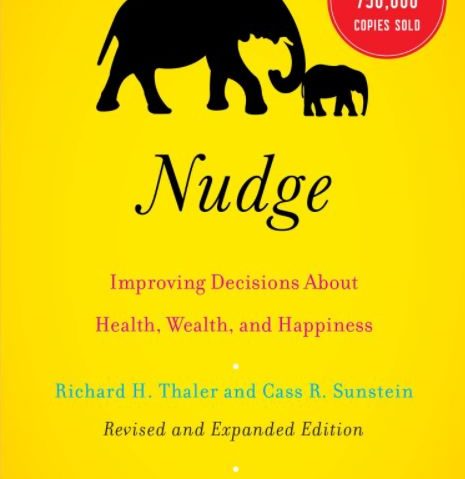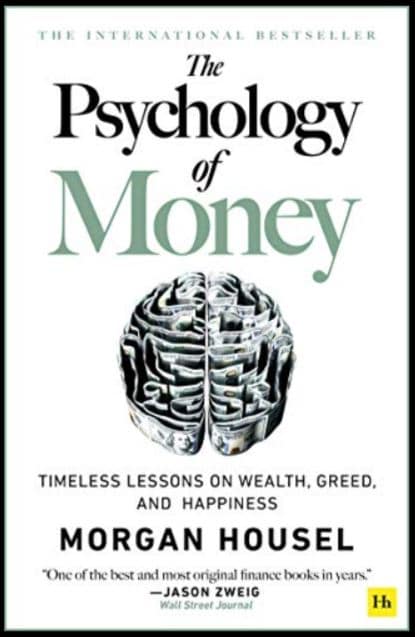Not until last month, when Richard Thaler received his Nobel prize in economics, did I realize that behavioral economics was only recently embraced as a legitimate sub-course of inquiry within economics. Books like Nudge, Predictably Irrational, and Paradox of Choice seemed to fit naturally beside traditional financial planning texts. But it’s only been during the last three decades that economic theory has carefully considered situations in which individuals tend not to act rationally. Thaler was both a pioneer and an outcast by revealing the myriad of ways that actual human behavior regularly and predictably departed from economic theory.
For instance, he demonstrated that people place a higher value on their own possessions. “… he and two co-authors distributed coffee mugs to half of the students in a classroom, and then opened a market in mugs. Students were randomly given a mug regarded it as twice as valuable as did the students who were not given a mug. This “endowment effect” has since been demonstrated in a wide range of situations. It helps to explain why real markets rarely work as well as chalkboard models.”
Another important finding involves the notion of fairness. Thaler showed that people will penalize unfair behavior – even if they enjoy no benefit from doing so. This is “why an umbrella store may choose not to raise prices during a rainstorm.” It also explains the mechanics of unemployment. “Standard economic theory predicted that employers would cut wages to a level consistent with the demand – suggesting that unemployment would not rise during these periods. But in practice workers regard wage cuts as unfair. So employers, seek to avoid angering the workers they plan to keep, by cutting employees rather than wages.”
In Nudge, published in 2008, Thaler highlights additional examples where economic theory and human behavior part ways. He also makes prescriptions for how these idiosyncrasies might be utilized to “nudge” people toward improved outcomes. My favorite among these details the power of the “default option.” He illustrates with the example of a person starting a new job. The new employee has a million things to do: learn new job responsibilities, navigate an unfamiliar environment, get to know coworkers, and, of course, electing new group benefits. Many new employees who lack the time/energy/expertise to really dig into those options will, very often, do nothing. The result is that they have “elected” whatever the default option happens to be. Knowing this quirk of human behavior, Thaler argues that companies have the opportunity to broadly improve outcomes by ensuring a default option doesn’t (typically) lead to bad outcomes if unchanged. For instance, the default shouldn’t be a 0% contribution to the 401(k). And once contributing, the default probably shouldn’t be the money market fund for a young investor OR an aggressive stock fund for an older one. Instead set defaults that make sense if left unchanged and, importantly, be transparent about the decision-making process.

